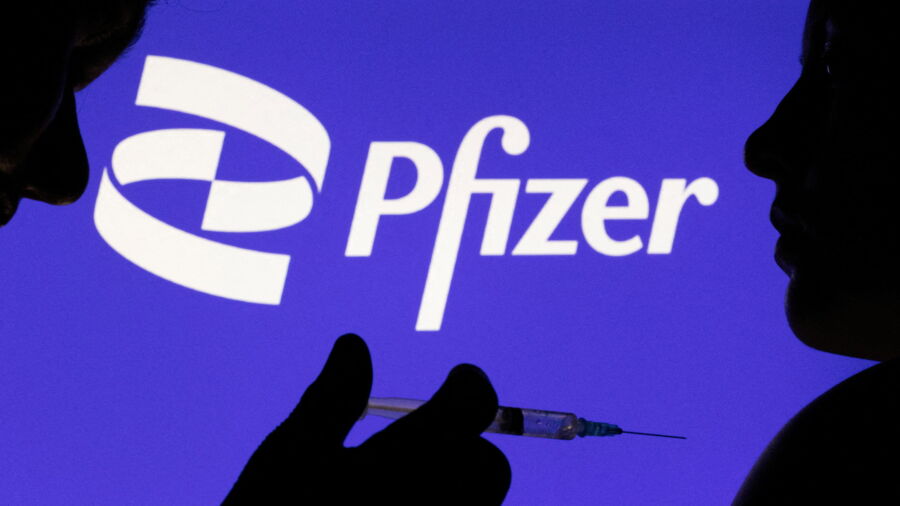Pfizer said in a press release Thursday that it will conduct further testing of danuglipron as a once-daily weight loss pill after its early-stage research found that patients did not tolerate a twice-daily regimen.
During testing, one of its once-daily formulations was identified as “most favorable” because it was safest, and patients reacted best to it.
More early-stage trials of the once-daily formulation will be conducted during the second half of 2024 to figure out the ideal dosage. If those trials go well, Pfizer will conduct registration enabling studies that will be used to apply for regulatory approval, according to the press release.
The medication is an oral glucagon-like peptide-1 (GLP-1) receptor agonist, similar to Trulicity, Ozempic, and other injectable diabetes drugs now being used for weight loss. No oral forms of these drugs are yet available.
The drugs have also been shown to lower the risk of heart and kidney disease, with some patients also showing lower blood pressure and cholesterol levels.
GLP-1 agonists work by mimicking a hormone that releases more insulin after food is ingested to keep blood sugar at normal levels. The drugs also slow the digestion of food so that those taking them feel full longer.
“Obesity is a key therapeutic area for Pfizer, and the company has a robust pipeline of three clinical and several pre-clinical candidates. The most advanced of them, danuglipron, has demonstrated good efficacy in a twice-daily formulation, and we believe a once-daily formulation has the potential to have a competitive profile in the oral GLP-1 space,” said Mikael Dolsten, a chief scientist with Pfizer.
“Following a thorough analysis of our previous Phase 2b data and trial design, we believe that with the preferred modified release formulation and future trial design optimization, we can advance a competitive oral GLP-1 molecule into registration enabling studies, with the goal of addressing the present and persistent medical needs of people living with obesity.”
The Centers for Disease Control reported that two in five adults in the United States have obesity, making it one of the most prevalent medical conditions. Obesity elevates risks for a host of serious medical conditions, including heart disease, type 2 diabetes, and cancer.
A study involving more than 1,400 adults aged 18 and over has shown no elevation in liver enzymes, a key indicator that the medication would be harmful to the body.
Being able to offer an oral form of a GLP-1 agonist drug could alleviate current shortages of the drugs’ injectable forms, which have caused problems for many users. The oral medications would be more convenient to administer and store, as well as easier to manufacture.
The injectable GLP-1 agonists currently available are expensive and are not always covered by insurance, especially for weight loss. It was not clear whether an oral form of the medication would be more affordable, particularly at first.
Current injectables need refrigeration and are difficult to dispose of safely, but that would not be an issue with oral forms of medication.

